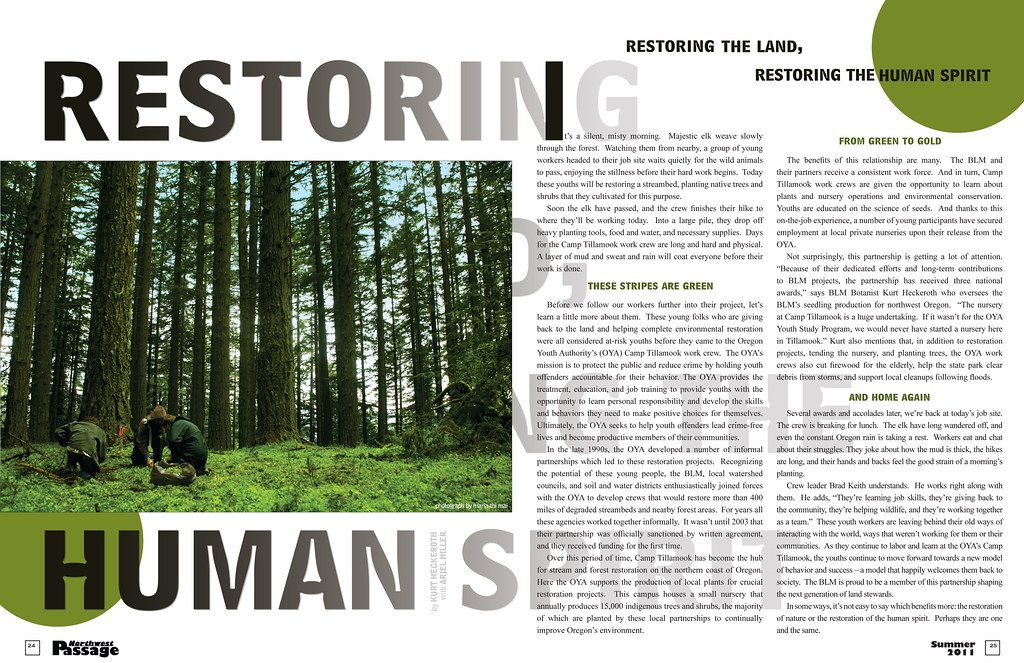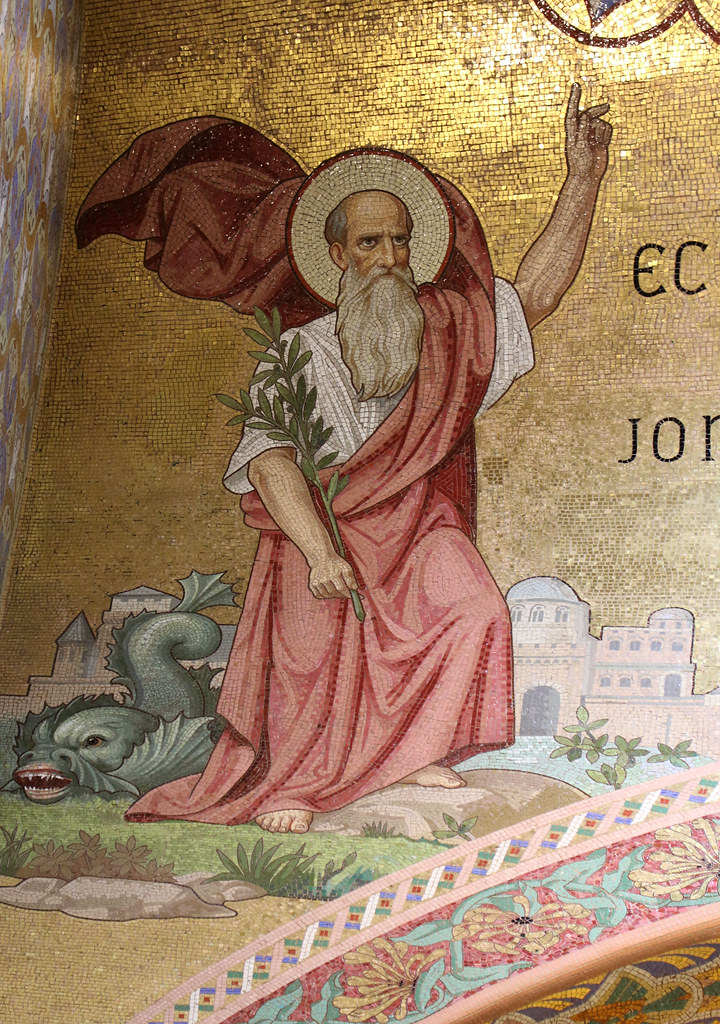An overview of Jeremiah 30 and its significance in Divine Restoration and the Messianic Promise, highlighting Gods commitment to heal and restore His people, the fulfillment of Messianic prophecies, and the assurance of redemption and forgiveness.
Overview of Jeremiah 30 and its Context in the Bible
Moreover, this chapter’s context within the overall message of the book of Jeremiah is crucial to understanding the depth of God’s compassion and sovereignty. Through the prophet Jeremiah, God reveals His plan for restoration, emphasizing the profound themes of hope, repentance, and forgiveness. These themes underscore God’s sovereignty and the pivotal role of repentance in the healing and restoration of His people. By delving into the historical and cultural context of the people of Israel and Judah, Jeremiah 30 provides a comprehensive understanding of God’s enduring love and faithfulness, especially in times of adversity and affliction.
For example, in the context of the Babylonian Captivity, the suffering and exile of the Israelites reflected a period of immense turmoil and desolation. Despite this, Jeremiah 30 offers a message of hope and restoration, assuring the people of God’s enduring love and His unwavering commitment to their deliverance and renewal. This illustrates the profound relevance of Jeremiah 30 within the historical and cultural context of the Israelites, providing them with a beacon of hope amidst their tribulations.
Divine Restoration and the Messianic Promise
For instance, the birth of a king and descendant of David, prophesied in Jeremiah 30, finds its ultimate fulfillment in the birth of Jesus Christ, who is often referred to as the “Son of David” in the New Testament. This Messianic promise is intricately linked to the divine restoration of God’s people, as it heralds a new era of spiritual leadership and governance under the authority of the Messiah. Therefore, the Messianic promise in Jeremiah 30 not only assures the restoration of Israel and Judah but also foreshadows the ultimate restoration and redemption brought through Jesus of Nazareth.
Additionally, the Messianic prophecies contained in Jeremiah 30 extend to the broader narrative of the Church in the Messianic Age, encompassing the death of Christ, the Incarnation, a New Covenant, and the Gospel of salvation. These prophecies serve as a testament to the enduring significance and fulfillment of God’s promises through the life, death, and resurrection of Jesus Christ. The Messianic promise in Jeremiah 30, therefore, encapsulates the profound transformation and redemption brought through Jesus of Nazareth, resonating with the broader scope of the Church’s salvation and restoration in the Messianic Age.
The Prophetic Foretelling of Redemption
Jeremiah 30’s prophetic foretelling of redemption holds significant themes that offer hope and assurance to the people of Israel and Judah. The chapter emphasizes the concept of redemption through the lens of hope, repentance, and forgiveness, shedding light on the divine sovereignty and the pivotal role of repentance in the process of healing and restoration. This underscores the profound message of God’s enduring love and mercy, paving the way for the redemption of His people from afflictions and hardships.
An illustrative example of this prophetic foretelling can be found in the promise to break the yoke from the neck of the Jewish people and bring them back from captivity. This metaphorical imagery signifies the liberation and deliverance of the people from the oppressive forces that have subjugated them. Furthermore, the restoration of the city of Jerusalem serves as a beacon of hope and renewal, symbolizing the rebuilding and revival of a homeland that had been ravaged by turmoil and desolation. Hence, Jeremiah 30’s prophetic message of redemption extends beyond mere words and delves into the imagery of freedom, restoration, and the resurgence of a cherished and sacred place.
#Jeremiah30, #JesusChrist, #Restoration, #Healing, #Redemption, #Messiah, #BiblicalProphecy, #Christianity, #NewTestament, #Theology, #DivineHealing
Moreover, the chapter addresses the time of Jacob’s trouble, a period characterized by great calamity and distress. The promise of salvation for the Jewish people amidst this turmoil echoes the divine commitment to redeem and heal the afflicted, thus exemplifying the overarching theme of redemption and restoration. This poignant imagery portrays a future where the people of Israel and Judah are not only rescued from their trials but are also rejuvenated and reinstated as a blessed and favored community. Therefore, Jeremiah 30’s prophetic foretelling of redemption weaves a tapestry of divine promises, assuring the people of God’s unwavering dedication to their deliverance, renewal, and ultimate restoration.
 Significance and Interpretation of the Biblical Prophecy
Significance and Interpretation of the Biblical Prophecy
The significance of the biblical prophecy in Jeremiah 30 lies in its profound impact on the fulfillment of promises in Jesus of Nazareth and their relevance to the universal Church of Jesus Christ. Through the Messianic prophecies contained in Jeremiah 30, such as the birth of a king and descendant of David, the chapter foreshadows the arrival of Jesus as the long-awaited Messiah. This fulfillment underscores the divine orchestration of God’s plan for redemption and restoration, reinforcing the connection between the Old Testament prophecies and their realization in the New Testament era.
Furthermore, the interpretation of Jeremiah 30 extends beyond its immediate historical context, resonating with timeless themes of hope, repentance, and restoration. The message of hope permeates the chapter, assuring God’s enduring love and faithfulness to His people, even amidst their afflictions. The prophecy serves as a beacon of reassurance, emphasizing God’s unwavering commitment to redeem and restore His covenant people, conveying a universal message of divine compassion and mercy.
Moreover, the prophecy also conveys the assurance of deliverance from the yoke of bondage and the promise of security for God’s restored covenant people. This signifies the overarching theme of divine justice and protection, offering solace to those who seek refuge in the promise of God’s unfailing protection and care. The outpouring of divine wrath on the wicked underscores the inherent justice within God’s redemptive plan, highlighting the ultimate triumph of righteousness over evil and the restoration of God’s divine order.
The faithful remnant’s return to the spiritually renewed Zion of His Holy Church, guided by righteous shepherds, with a new focus of worship, sealed by God’s righteousness, and with authority over all nations, signifies the fulfillment of these promises. It serves as a testament to the enduring significance and magnitude of the restoration envisioned in this prophetic chapter, illustrating the timeless impact and relevance of the biblical prophecy in Jeremiah 30.
Near and Ultimate Fulfillment
Jeremiah 30 holds a profound significance as it encompasses both a near and an ultimate fulfillment of God’s promises for the restoration of Israel and Judah. The near fulfillment of these promises is exemplified in the historical context of the return from the Babylonian Captivity. After enduring exile and oppression, the people of Israel and Judah experienced a restoration to their land, marking the initial fulfillment of God’s pledge of redemption and deliverance.
Moreover, the chapter also unfolds the ultimate fulfillment of these promises, portraying the final restoration of Israel in the end times, particularly after the Great Tribulation. This ultimate restoration signifies a divine intervention that transcends historical events, pointing to a future epoch where God’s covenant people will experience complete restoration, security, and salvation. It is a portrayal of hope and renewal, emphasizing the enduring nature of God’s promises and His unwavering commitment to His people.
Furthermore, the reaffirmation of God’s identity as the God of all the families of Israel and their status as His people marks a pivotal transition in the prophecy. This reaffirmation underscores the enduring covenant between God and His people, signifying the continuity of His redemptive plan throughout history and into the future fulfillment of His promises. Therefore, Jeremiah 30 not only encapsulates the historical context of restoration but also provides a profound vision of the ultimate fulfillment of God’s redemptive purposes for His people, anchoring their hope in His enduring faithfulness and love.
The promises of future restoration for Israel outlined in Jeremiah 30 are surprising and magnificent, signifying God’s unwavering commitment to His people. The passage not only holds significance in its portrayal of the near and ultimate fulfillment of these promises, but also offers a glimpse into the grandeur and scope of God’s redemptive plan. This dual fulfillment underscores the timeless relevance of the biblical prophecy, serving as a testament to the enduring nature of God’s promises and His unwavering commitment to restore and renew His people.
Promises of Restoration
Jeremiah 30 vividly outlines the promises of restoration for Israel and Judah, encapsulating God’s unwavering commitment to His people. The chapter emphasizes the multifaceted nature of these promises, which encompass deliverance from the yoke of bondage, security, and salvation. This signifies the profound care and protection that God extends to His chosen people, ensuring their freedom from oppression and the assurance of a secure future.
Furthermore, the restoration promises in Jeremiah 30 extend to the physical and spiritual well-being of Israel and Judah. The pledge of full health and the punishment of their enemies underscores God’s comprehensive plan for the holistic restoration of His people. This serves as a testament to the divine love and mercy that encompass not only the spiritual redemption of the people but also their physical welfare and safety.
Moreover, the promises of restoration in Jeremiah 30 are deeply rooted in the restoration of the people to the spiritually renewed Zion of God’s Holy Church. This signifies a profound transformation and renewal, facilitated by righteous shepherds and sealed by God’s righteousness. The authority over all nations further accentuates the grandeur and universality of God’s restoration promises, conveying the enduring significance and magnitude of the restoration envisioned in this prophetic chapter. These promises not only reflect God’s enduring faithfulness but also serve as a testament to His sovereignty and the breadth of His redemptive plan for His people.
The passage’s depiction of the outpouring of divine wrath on the wicked, in conjunction with the restoration of the people to the spiritually renewed Zion, underscores the broader narrative of justice and redemption. This comprehensive vision of restoration not only offers hope and reassurance to the afflicted but also serves as a testament to the enduring significance and magnitude of God’s redemptive plan. Jeremiah 30, therefore, stands as a profound testament to the enduring nature of God’s promises, offering a vision of hope, renewal, and restoration to all who seek His divine grace and redemption.
 Healing and Redemption
Healing and Redemption
The prophecy in Jeremiah 30 not only assures the restoration and healing of the Jewish people but also emphasizes the profound nature of God’s promise to break the yoke from their neck and bring them back from captivity. This promise of liberation and healing is reminiscent of the Exodus story, where God delivered the Israelites from bondage in Egypt, illustrating the enduring theme of God’s faithfulness in delivering His people from oppression.
Furthermore, the imagery of those who devoured the Jewish people being devoured themselves, and their enemies being punished, signifies the divine justice and retribution promised by God. This theme of retribution reflects the biblical concept of “an eye for an eye, a tooth for a tooth,” emphasizing the eventual accountability and judgment for those who oppress and harm God’s chosen people. This reassurance of justice also provides a message of hope and vindication for the downtrodden and afflicted.
Additionally, the mention of a governor who would rule over the Jewish people coming from their midst and drawing near to God symbolizes the restoration of righteous leadership and governance under divine guidance. This concept is echoed in the Messianic promise of a descendant of David who would reign with wisdom and righteousness, exemplifying the fulfillment of the prophetic foretelling of redemption through the establishment of just and godly leadership. This reaffirms the overarching theme of restoration and renewal, not only for the people of Israel and Judah but for all who seek God’s divine healing and redemption.
The portrayal of the restoration and healing of the Jewish people in Jeremiah 30 reflects a broader narrative of divine redemption and renewal. This profound vision of divine restoration not only offers hope and assurance to the afflicted but also conveys a timeless message of God’s enduring love and faithfulness. It stands as an enduring testament to the transformative power of God’s grace and redemption, offering solace and renewal to all who seek His divine healing and restoration.
 Conclusion
Conclusion
In conclusion, the significance of Jeremiah 30 lies in its portrayal of God’s faithfulness and love, which is fulfilled through the biblical prophecy in Jesus of Nazareth and the universal Church of Jesus Christ. This chapter serves as a testament to the enduring nature of God’s promises and His commitment to restore and heal His people, specifically Israel and Judah. The fulfillment of Messianic prophecies, including the birth of a king and descendant of David, and the coming of the Davidic Messiah, in Jesus of Nazareth, underscores the divine restoration and the Messianic promise embedded in Jeremiah 30.
Furthermore, the chapter emphasizes the themes of hope, repentance, and forgiveness, highlighting the importance of God’s enduring love and faithfulness. It also signifies the promise of deliverance and reassurance of God’s everlasting love despite the afflictions of the people, reaffirming the divine restoration and the Messianic promise foretold in Jeremiah 30. The enduring significance of this biblical prophecy resonates in its portrayal of God’s unwavering commitment to His people and the ultimate fulfillment of His promises through the Messianic prophecies, bringing hope and restoration to all who believe.



